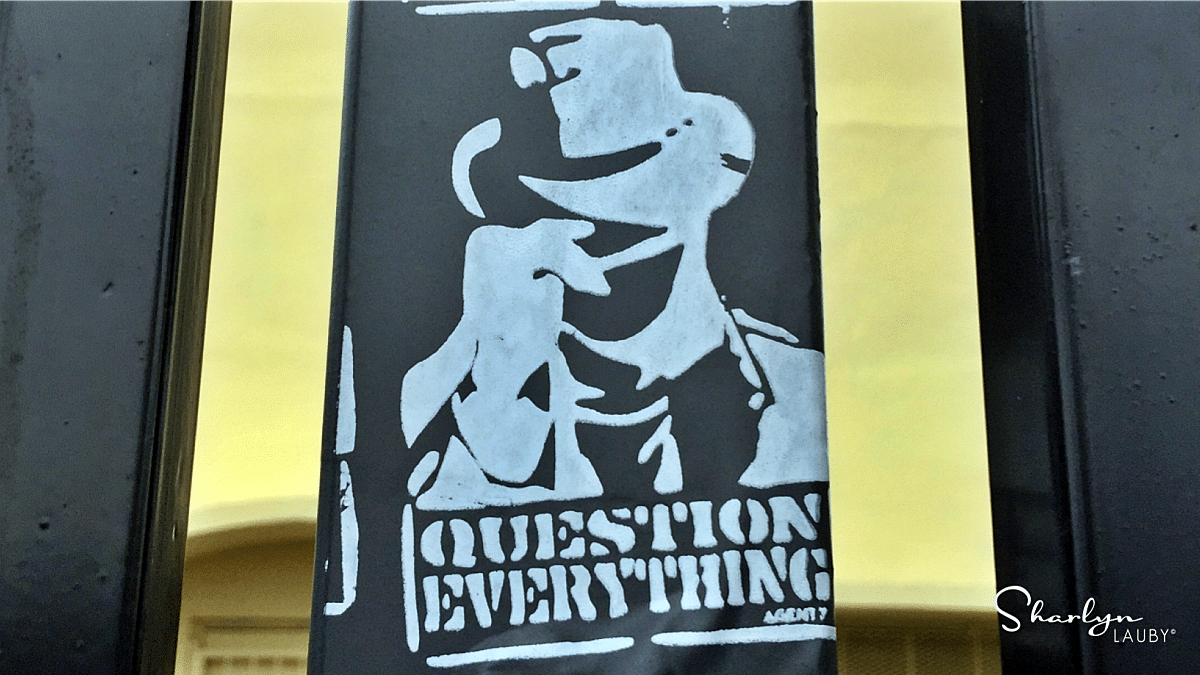Policies Are No Excuse For a Poor Candidate or Employee Experience
I went to a conference last year where one of the speakers was the CEO of a company that’s known for having awful customer service. I’m not going to mention the company’s name because that’s not what’s important. What is important is that, at some point during his session, he said that the reason the company had such bad customer service was because of the rules that the organization had in place.
And I thought to myself, “Hmmm…no.” Rules are not an excuse for poor customer service. Or a bad employee experience.
We all have to live with rules. But there’s a nice way to bring up rules and there is a not-so-nice way to bring them up. I’m sure you’ve experienced this too. One of the rules that comes to mind is when your credit card gets flagged for suspicious activity. And you have to call, prove who you are, to discuss your credit card. I don’t know about you, but this always seems to happen for me at the worst time. But I’m appreciative that someone is looking out for me. That being said, there are rules about how I can verify my identity, etc. The credit card company is nice about it. Especially when I’m away from home and don’t have all of the information they request. They work with me to find other ways that I can verify my identity.
This CEO’s comment made me think about the candidate and employee experience. We have rules in the hiring process – about how to apply, when to follow-up, who to speak with, etc. We also have rules about background checks, drug screening, references, and more. That doesn’t mean we have to be rude or disrespectful to people.
When candidates become employees, we have even more rules that can impact the employee experience. You know, the ones about Form I-9, benefits forms, and new hire paperwork. Some organizations have rules about what software employees can use, how their computer passwords should be constructed, and what information can be sent over the internet. That doesn’t mean they’re rude or disrespectful to customers or co-workers.
While no one really likes rules, they are usually created for a reason. When organizations create rules, they should communicate to employees and customers why those rules are in place. Especially if the rules are designed to protect employees and customers. It might also be helpful to share the possible objections to the rule so those in charge of enforcing it can be prepared. For example, flight attendants should be trained and prepared to deal with frustrated passengers. Hopefully, they never have to deal with them. But in case they do, they’re prepared. And that doesn’t mean option number one should be calling security to throw the passenger off the plane.
Even when organizations have rules created for them, as in the case of government legislation, I think there’s a way to explain to candidates, employees, or customers why the rule exists and how it works. In a respectful way. Blaming the rules just escalates customer frustration. Or in the case of HR, candidate frustration and a bad employee experience.
Image captured by Sharlyn Lauby while exploring the streets of Key West, FL
11